EU regulator suggests halt to AstraZeneca jab for all age groups over potential side effects
Europe’s drug regulator has suggested that countries stop using AstraZeneca coronavirus vaccine for all age groups as more alternatives have become available amid fears of rare blood clots.
Marco Cavaleri, head of the European Medicines Agency (EMA) vaccines strategy, made the remarks in an interview with Italy's daily newspaper La Stampa on Sunday, following reports of serious cases of blood clots lol among people who have had the jab.
"In a pandemic context, our position was and is that the risk-benefit ratio remains favorable for all age groups," he said.
However, he noted, given the fact that young people are less exposed to COVID-19 related risks, it would be better to use on them mRNA vaccines, such as Pfizer/BioNTech and Moderna, “but the choice is left to individual states."
Cavaleri went on to say that it would also be better to ban AstraZeneca for people over 60 as well.
“It is an option that many countries, such as France and Germany, are considering in the light of the increased availability of mRNA vaccines.”
"However, incidents were very rare and after the first dose. It is true that there is less data on the second dose, but in the United Kingdom it (the vaccination program) is going well."
AstraZeneca, which is one of just a handful of coronavirus vaccines being rolled out globally, and one of the cheapest on the market, is crucial to ensuring poorer countries have access to the jab.
The EMA considers the shot safe for all age groups.
However, several European Union member states have restricted its use to the older population, due to the rare cases of blood clotting, mainly among young people.
On Saturday, Italy restricted the use of the AstraZeneca vaccine to people aged over 60, after a teenager who had received the shot died from a rare form of blood clotting.
Back in March, Italy, like many European countries, temporarily halted the use of a batch of AstraZeneca/Oxford coronavirus vaccine over concerns about the rare blood clotting problems.
It resumed them the following month with the recommendation that the product be "preferably" used for people over the age of 60, after the EMA said its benefits outweighed any risks.
Elsewhere in his remarks, Cavaleri said the Johnson & Johnson jab should be preferentially used for the people over 60.
He noted the single-shot Johnson & Johnson vaccine has "fewer problems than AstraZeneca" while noting it had been less widely used.
"With one dose it is useful for some categories that are difficult to reach, but it remains an adenovirus (vaccine) and it is preferable to reserve it for the over 60s," he said.
Both so-called viral vector vaccines are authorized for everyone over 18 but have been dogged by reports of rare blood clots. The EU has also authorized two vaccines based on messenger RNA (mRNA) technology.
Messenger RNA genetic technology trains the body to reproduce spike proteins, similar to that found on the coronavirus. When exposed to the real virus later, the body recognizes the spike proteins and is able to fight them off.
Viral vector vaccines like AstraZeneca and Johnson & Johnson use genetically-engineered version of a common-cold causing adenovirus as a "vector" to shuttle genetic instructions into human cells.
S Africa pulls millions of doses of J&J vaccine
South Africa has announced it will pull millions of doses of the Johnson & Johnson vaccine following contamination concerns at one of the US drugmaker's sites.
The US Food & Drug Administration (FDA) said on Friday Johnson & Johnson (JNJ.N) must throw away millions of doses of its COVID-19 vaccine that were manufactured at a problem-plagued Baltimore factory but also cleared millions for use.
Without disclosing or confirming the number of vaccine doses, the FDA said in a news release that it had authorized two batches of the vaccine for use, that several other batches were not suitable for use and that others were being evaluated.
The agency said it was not yet ready to authorize Emergent BioSolutions Inc’s (EBS.N) plant for manufacturing the J&J vaccine.
Following the announcement, the South African Health Products Regulatory Authority (SAHPRA) said in a statement on Sunday that it had decided "not to release vaccine produced using the drug substance batches that were not suitable".
Acting Minister of Health Mmamoloko Kubayi-Ngubane has said that the batches concerned have been stored in a high-security laboratory in Port Elizabeth belonging to drugmaker Aspen.
The latest development comes as South Africa is struggling to roll out its inoculation program as it enters a third wave of the coronavirus pandemic.
The African country is counting on a delivery of 31 million doses of the one-shot vaccine to help inoculate its population of 59 million.
President Cyril Ramaphosa said on Sunday, "If we are to save lives and end the pandemic, we need to expand and diversify manufacturing and get medical products to treat, combat and prevent the pandemic to as many people as quickly as possible."
South African Health Products Regulatory Authority also said that a new delivery of around 300,000 doses of the Johnson & Johnson jab "that have been cleared by the US FDA that meet the requirements, will subsequently be released and shipped to South Africa."
Production of J&J’s vaccine at the Baltimore site was halted by US authorities in April and J&J was put in charge of manufacturing at the plant.
Last month, Emergent Chief Executive Robert Kramer said it was his understanding that there are 100 million doses of J&J’s vaccine ready for FDA review and that regulators had begun the review process.
The April halt followed the discovery that ingredients from AstraZeneca’s (AZN.L) COVID-19 vaccine, also being produced at the plant at the time, contaminated a batch of J&J’s vaccine. AstraZeneca’s shot is no longer being made there.
South Africa has already temporarily suspended vaccination in April after rare cases of blood clots were reported in the US.
It also turned down more than 1.5 million doses of AstraZeneca's vaccine in February due to doubts about its efficacy on the local coronavirus variant.
South Africa has only vaccinated just over one percent of its population. It is the African country hardest hit by the pandemic, with more than 1.7 million infections and nearly 58,000 deaths.
More than 9,300 new cases were registered in the past 24 hours.
VIDEO | South Koreans demand end to joint US military drills and provocative policy against North Korea
VIDEO | A silent grief: Palestinian man struggles to recover remains of wife, children
Hind Rajab Foundation files complaint against Israeli genocidal propagandist in US
VIDEO | Trump fighting allies on Greenland
Iran FM: Selective respect for deals now haunting Europe
Arab rights group urges UK to sanction Netanyahu over 'incitement to genocide' in Gaza
‘Political, non-constructive’: Iran slams UNHRC special session on recent riots
Forced evacuations in South Gaza as Israeli military expands control over land


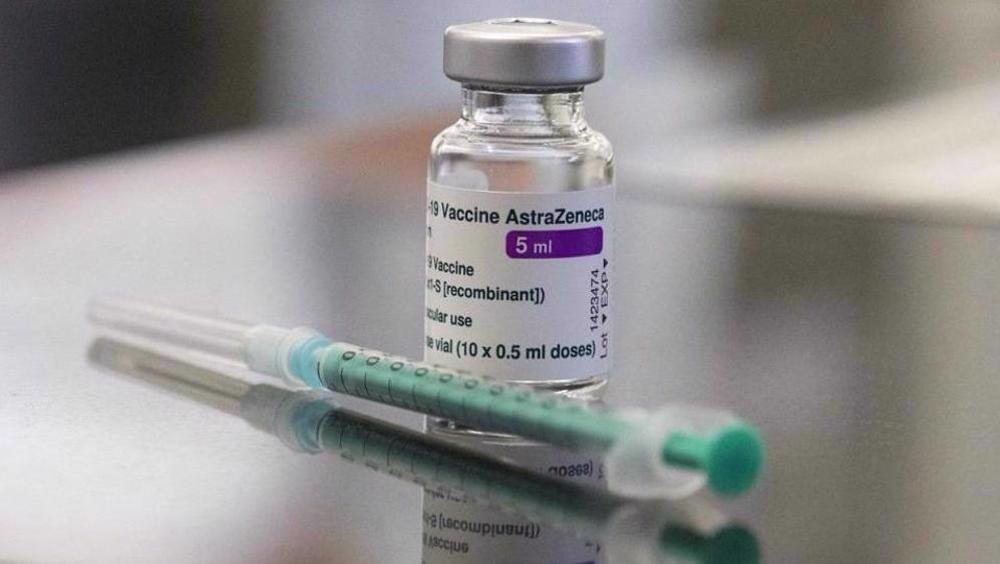


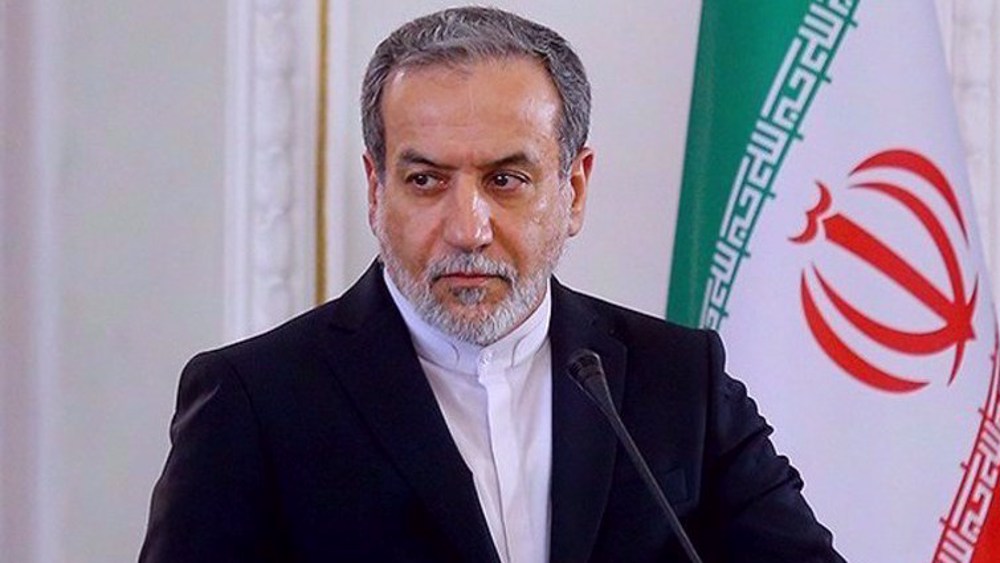
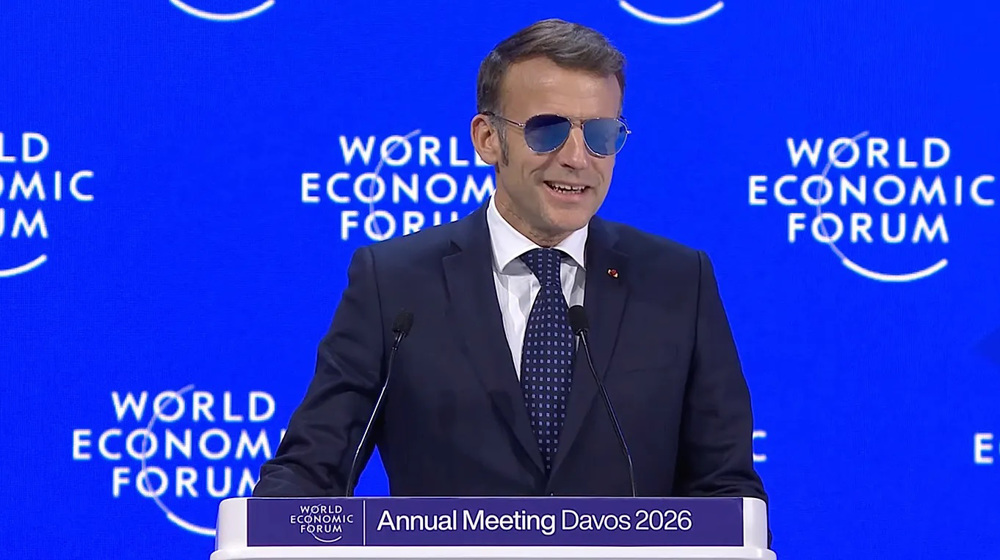
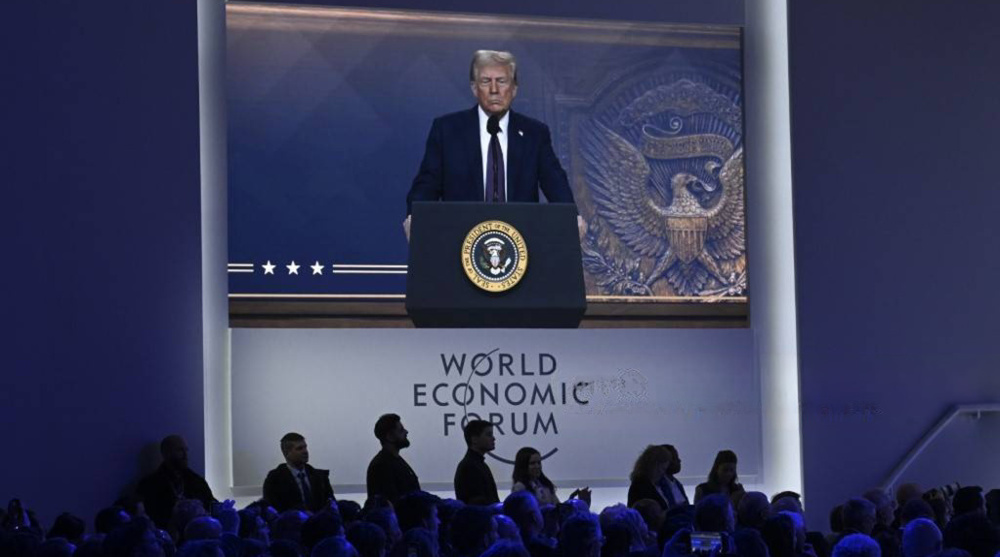



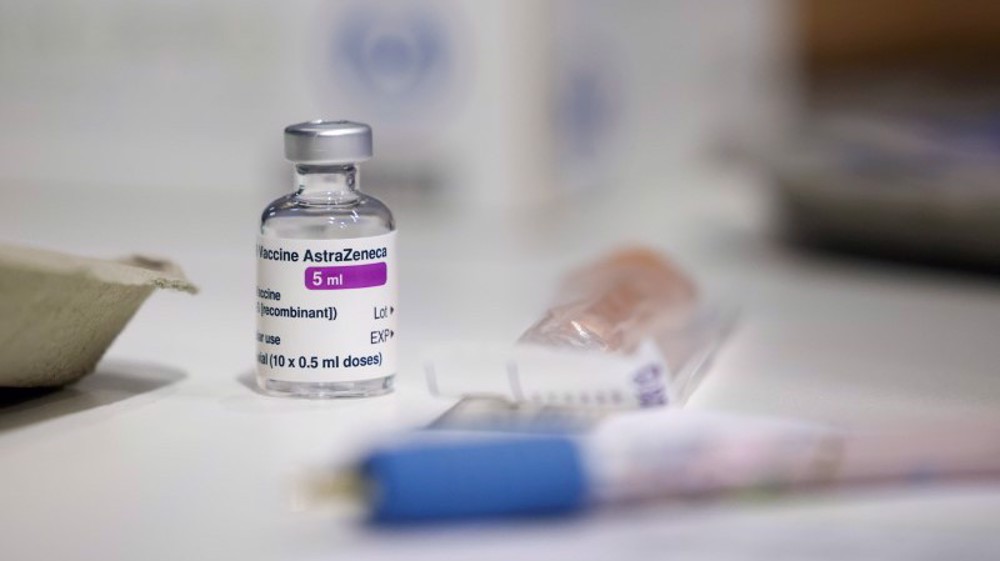
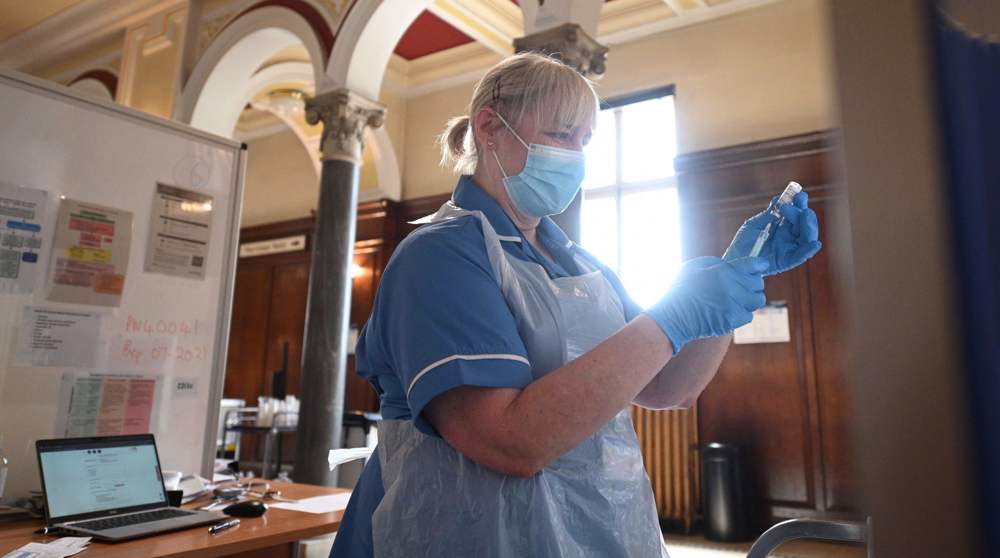
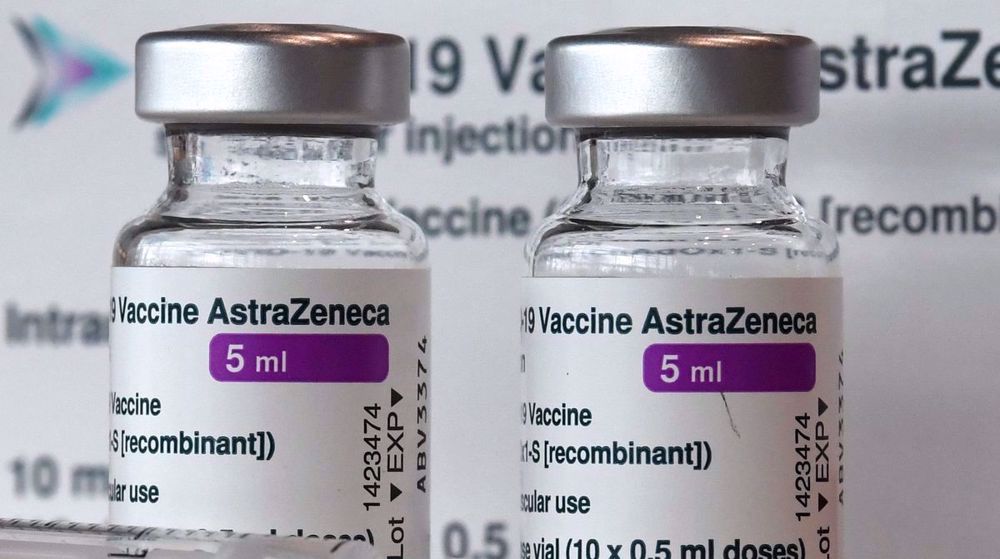


 This makes it easy to access the Press TV website
This makes it easy to access the Press TV website